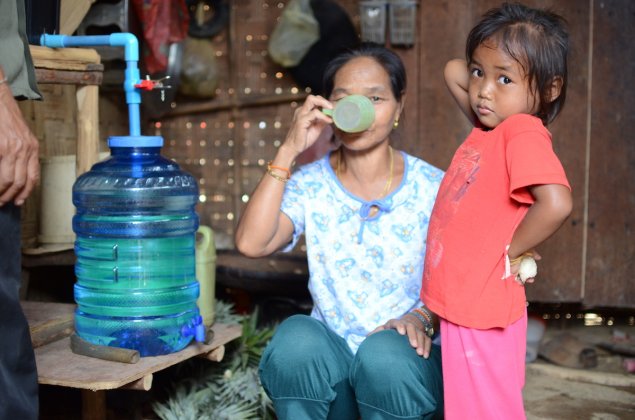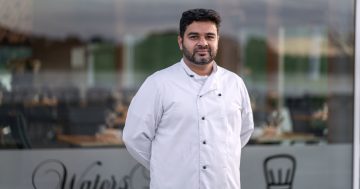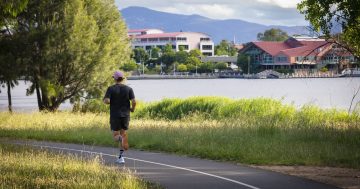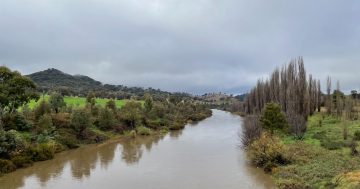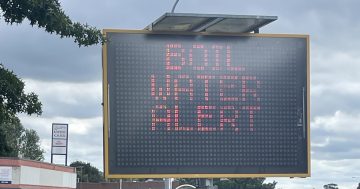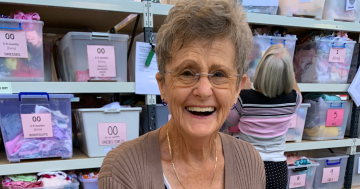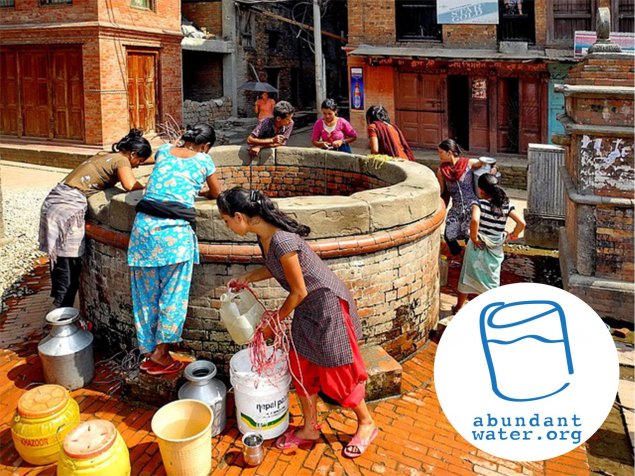
Today, we are talking to Abundant Water. Abundant Water is a local Canberra business started by engineer Sunny Forsyth that has created low-cost clay water filters for impoverished communities overseas. Sunny and the Abundant Water team collaborate with the communities to teach them how to make the filters themselves; and, more recently, they have been encouraging and empowering villagers to setup their own micro-businesses to sell the water filters.
Abundant Water is now taking their methods and their clay water filters to Nepal to deliver a four-week vocational training program for ten women identified by the Women’s Rehabilitation Centre in Nepal (WOREC), a leading national organisation that works to prevent violence against women, its causes and consequences.
We interviewed Abundant Water’s CEO Sunny Forsyth.
We know what Abundant Water is, but why did you pick clay water filters? I was doing Aid and Development work in Lao PDR and was aware of the dire need for clean drinking water in the remote communities; and during my study at the ANU I had shared a lab with a material scientist working on clay water filters so I was aware of the clay water filters great potential.
Why did you start in Lao? My initial Aid and Development work was in Lao. The conditions for business are so poor that if we can make it work there it will work almost anywhere. All our piloting and R&D has happened in Lao but we have been mentoring other organisations in Africa online.
Do you pick the countries, or do they pick you? Countries pick us. Organisations aware of our work request our collaboration. This is what has happened in Nepal.
So, your next step is to deliver training to women in Nepal to create their own filters; but you’re asking for help. Why did you pick crowdfunding as the way to support this training program? Abundant Water has to raise funds to kickstart a project and once it is a demonstrated reality it is then easier to achieve institutional funding to continue the project and help it scale across a broad area. We are using crowdfunding because we are a community-based grassroots organisation and crowdfunding is an obvious community-based grassroots financing vehicle.
You have run crowdfunding campaigns in 2013 and 2014. What has been the hardest part of running a campaign? The most difficult aspect is accessing new networks and optimising audience engagement, to get everyone to do more than just open a post. The most enjoyable part is getting to share our story and engaging with the community, particularly new people and networks not previously known.
How do you find the support from the Canberran, and by extension the Australian, community for your cause? We are supported primarily by local people and organisations. We have only lately been successful in achieving institutional grants, such as DFAT and Australian EthicaI Investments. So all our initial capacity has been derived from local support. We believe it is important that Canberra is connected to the global community and we believe Abundant Water has a lot to offer. It is disappointing when local utility providers decide their remit stops at the ACT border so we really appreciate that so many people embrace our global citizenship.
How do you maintain your connection to the Canberran community? We make a point of sharing our story, and vision, with the Canberra community. We do this through print media, social media and radio and are regularly presenting to community organisations.
Why is this latest campaign titled “Tell a Story of Abundance”? The outcome from a program, such as ours, is not only providing a means for clean water but also providing vocational training, local business development and building capacity. We have stories from people who have been touched by the Abundant Water programs, and similar, and acknowledge the abundant knowledge, pride, security and confidence that comes along with the capacity to provide your own family and community with clean drinking water.
What challenges do you have in Nepal that you haven’t faced in Lao? Each environment is different and Nepal is very different from Lao. Most obviously, it is still reeling from the disastrous earthquakes earlier this year and from the anarchy that has broken out after their new constitution.
How can we help you now? Obviously we would like as many as possible to donate to our crowdfunding campaign (launched today) to help us raise the $20,000 required for us to implement our program in Nepal. Also, sharing our campaign with friends and networks is vitally important.
Following the devastating earthquake in Nepal in April 2015, Abundant Water was approached by the Women’s Rehabilitation Centre to help some of their most vulnerable women who need both an affordable means of providing safe drinking water and income opportunities. You can help take Abundant Water to Nepal by getting involved in the Tell a Story of Abundance crowdfunding campaign.
You can learn more about Abundant Water and it’s programs through its website. The crowdfunding campaign launched today can be accessed through the Facebook event.
